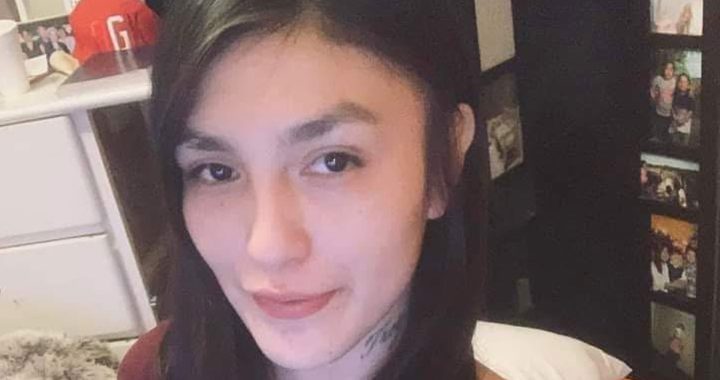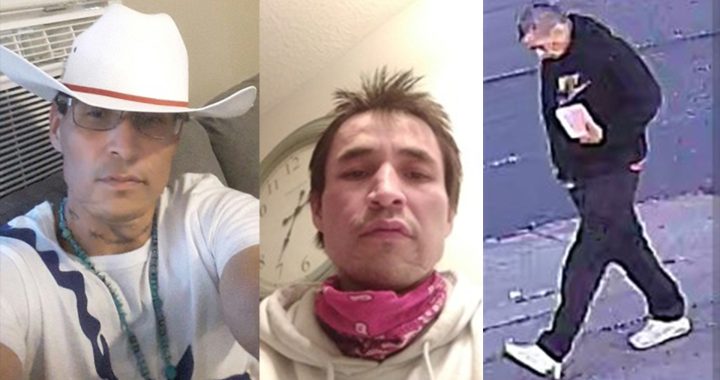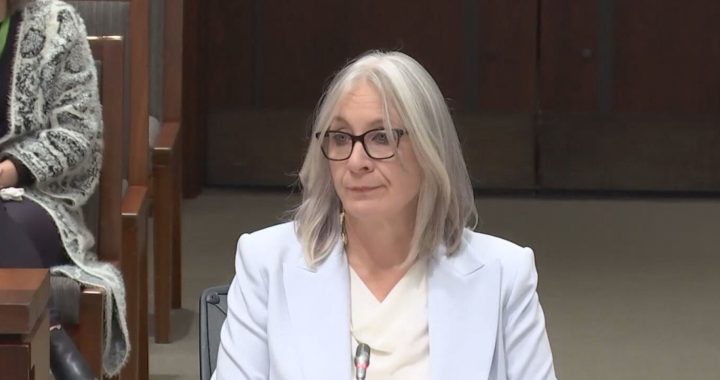Lawyers at the Winnipeg trial of an admitted serial killer are discussing whether a forensic psychiatrist, author and YouTuber can provide expert testimony.
Dr. Sohom Das has twice assessed the mental state of Jeremy Skibicki since his arrest.
Skibicki, who is 37, has pleaded not guilty to first-degree murder in the killings of four Indigenous woman in 2022.
He has admitted to the slayings, but his lawyers argue he should be found not criminally responsible due to mental illness.
Das, who is based in England, provides analysis for civil and criminal cases in the United Kingdom and has a YouTube channel about mental illness.
Prosecutors questioned Das about a video in which he outlines how to fake mental illness, but Das says some of his videos are satire and are not meant to be taken seriously.
Manitoba Court of King’s Bench Chief Justice Glenn Joyal was expected to give his decision later about whether Das can provide expert testimony in the trial.
Joyal previously ordered Skibicki to undergo a mental health assessment with a Crown-appointed expert. That doctor is expected to testify if the judge approves Das as an expert witness.
Read More:
Serial killer searched for garbage, transit bus, fingerprint information online
Criminologist says new DNA cracking cold cases in record time
The trial has so far heard that Skibicki assaulted his victims, strangled or drowned them and disposed of their bodies in garbage bins in his neighbourhood. Two were dismembered.
The Crown has said the killings were racially motivated and Skibicki preyed on the vulnerable victims at homeless shelters.
The killings came to light after the partial remains of Rebecca Contois, 24, were found in a garbage bin in Skibicki’s neighbourhood in May 2022. More of her remains were discovered at a city-run landfill the following month.
Police found out Skibicki had tried to add Contois to his apartment lease, and he was arrested.
In an unexpected move, Skibicki admitted to investigators that he had killed Contois and three others: Morgan Harris, 39; Marcedes Myran, 26; and an unidentified woman an Indigenous grassroots community named Mashkode Bizhiki’ikwe, or Buffalo Woman.
The remains of Harris and Myran are believed to be at a different landfill. It is not known where Buffalo Woman’s remains are located.
The Crown has presented video, DNA, computer and witness evidence linking Skibicki to the victims to illustrate possible planning and coverup of the killings.
Police testified that internet searches on Skibicki’s computer found inquiries about how to get rid of DNA and fingerprints, garbage pickup schedules and what it means to be a serial killer.
There was also a computer search for “explosive anger disorder.”
Skibicki told police he struggled with addiction to methamphetamine and ecstasy and was diagnosed with borderline personality disorder and post-traumatic stress disorder.
A finding of not criminally responsible means an accused was incapable of appreciating the nature and quality of an act due to a mental disorder. The person is detained in a hospital until a review board determines they are no longer a threat to the public.









